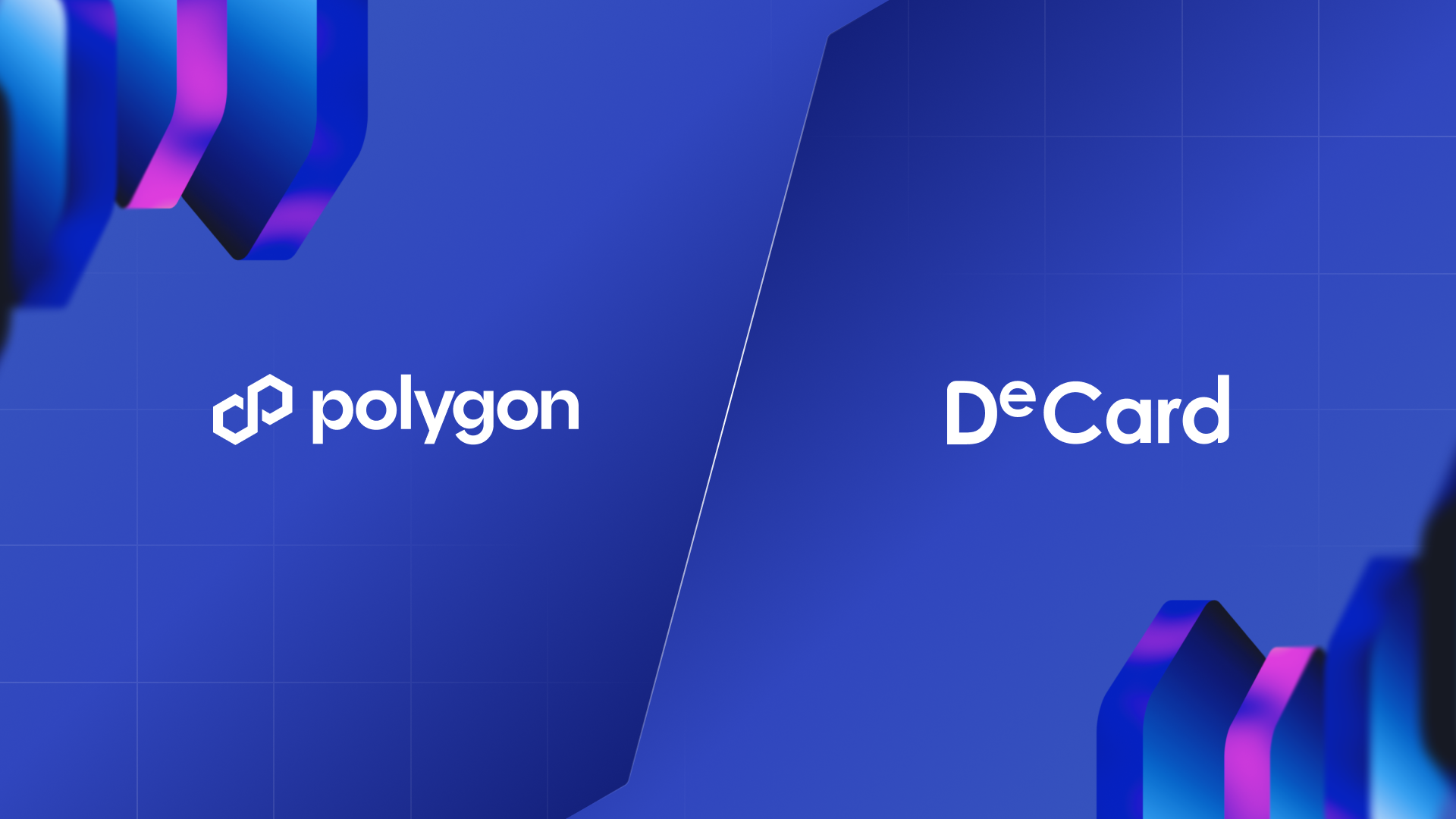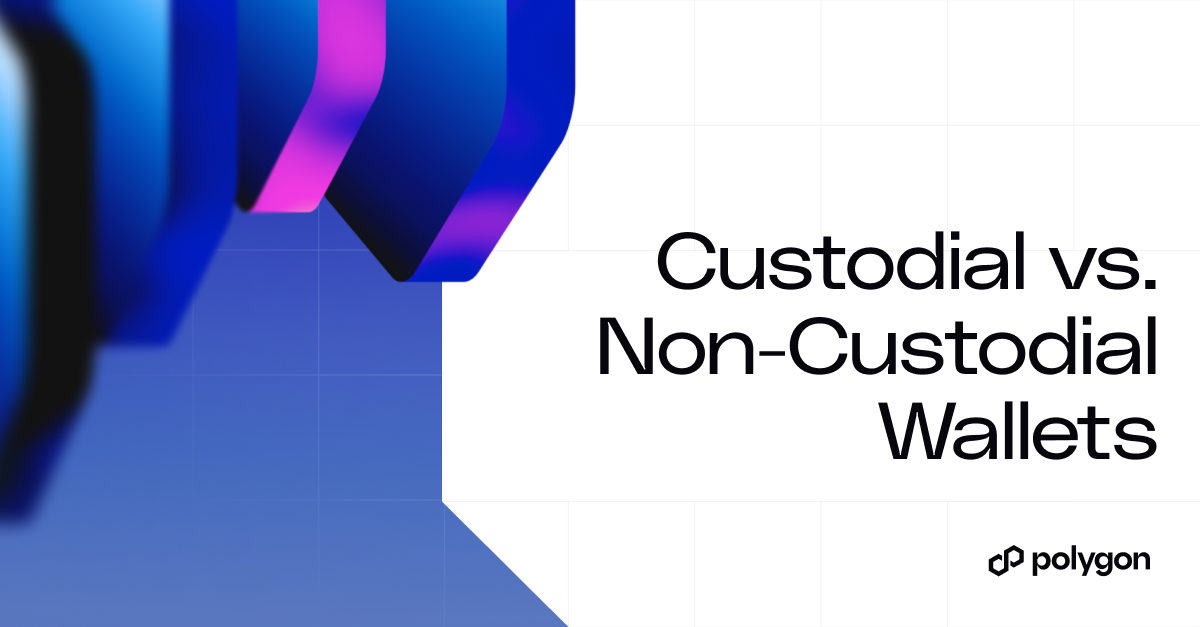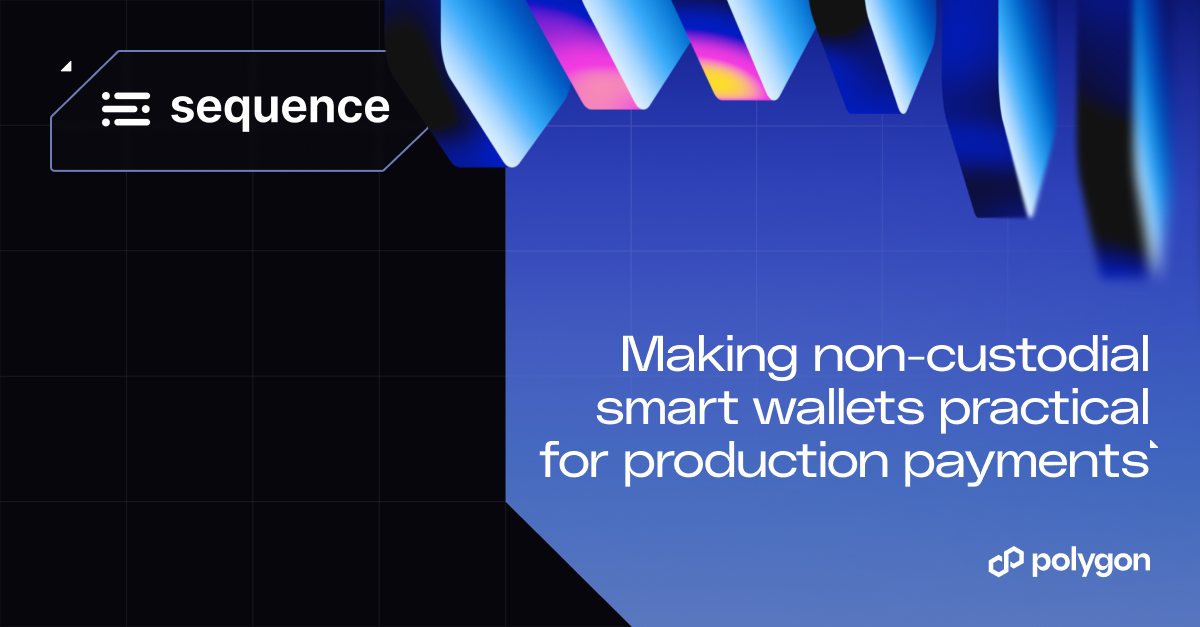Why HSBC is Building a Decentralized Identity Solution With Polygon ID

The Internet is a brilliant piece of technology, but it wasn’t built with digital identity in mind. Web3 has long held out an alternative to managing your own passwords or surrendering data to a big tech company. Now, one of the largest banking and financial services institutions in the world is emerging as a champion of decentralized identity (DID).
Head of HSBC Lab Ben Chodroff took the stage at Hong Kong FinTech Week with a live demo of a DID prototype using Polygon ID, the self-sovereign, decentralized and private identity protocol for the next iteration of the Internet. Below is a summary of the presentation.
Proving identity online is a pain. It’s time-consuming, repetitive and rife with privacy concerns. DID offers consumers a single, secure identity that can be used across any number of platforms and use cases. It also gives users control over their own identity, letting them choose what information they want to share and with whom.
Polygon ID is a set of DID tools with a strong focus on privacy, decentralization and user data self-sovereignty. Developers can use it to enable the exchange of verifiable credentials secured by cryptographic proofs (or zero-knowledge proofs) and the blockchain. Polygon ID’s support of the W3C open-source identity standard and the ability to be integrated with both public and private ledgers were among the reason the solution was chosen by HSBC, Ben said.
Read more: Polygon ID is More than Biometric Proof of Personhood
HSBC Labs is prototyping a DID solution for internal account opening powered by Polygon ID. When a customer opens an HSBC account, the bank conducts KYC and creates a verified credential that later can be used for a number of transactions, including logging into an HSBC account, purchases, applying for a loan, carbon credits, and much more.
This HSBC ID could draw on any number of identity issuers, from government agencies and credit bureaus to telcos and utilities. With this customer identity wallet, users would also be able to provide their personal information -- name, DOB, address, passport number, etc. -- to establish trust, prove eligibility or complete a transaction.
“We are researching many decentralized identity solutions, and are pleased to see that Polygon ID has open source technology, open standards, and interoperability with both Ethereum private and public ledgers for traditional finance and the future of institutional decentralized finance,” Ben said. “As more regulated financial institutions embrace open standards for decentralized identity, it will help to create a safer and more efficient customer experience.”
Check out Ben’s blog for interesting experiments in Web3 and a technologist’s perspective on living in China. Learn more about Polygon ID and tune into our blog and social channels to keep up with updates about the Polygon ecosystem.
Together, we can build an equitable future for all through the mass adoption of Web3!
Website | Twitter | Developer Twitter | Forum | Telegram | Reddit | Discord | Instagram | Facebook | LinkedIn


.png)
.png)
.png)




.png)
%20(1).png)
.png)



.jpg)
.jpg)